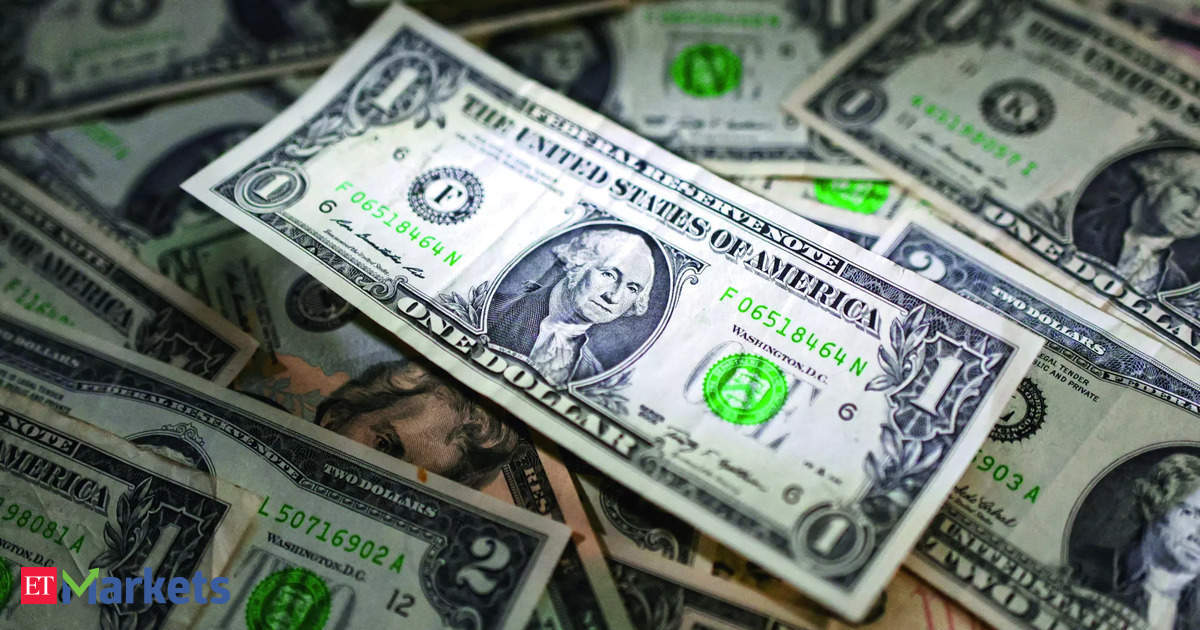Dollar droops ahead of crucial CPI test; yen under pressure
The yuan slid to a two-week low versus the dollar after U.S. President Joe Biden unveiled steep tariff increases on an array of Chinese imports, including computer chips, fomenting tensions with Beijing.
The euro edged down 0.04% to $1.0814 in early Asian trading hours, but remained close to the overnight high of $1.09255, a level last seen on April 10.
The U.S. dollar index - which measures the currency against six top rivals, but is heavily weighted towards the euro - was flat at 105.04 after a drop to a 1 1/2-week low of 104.95 on Tuesday.
The benchmark long-term U.S. Treasury yield was little changed at 4.4472% after a 3 1/2-basis point (bp) retreat overnight.
Wednesday's report on core is expected to show rose 0.3% month-on-month in April, down from a 0.4% growth the previous month, according to a poll.
Fed Chair Jerome Powell gave a bullish assessment on Tuesday of where the stands, with an outlook for continued above-trend growth and confidence in falling inflation that, while eroded by recent data, remains largely intact.
Higher-than-expected consumer prices in the first quarter of the year were the driving force for a sharp repricing of the pace of Fed , with those bets now pared back to about 45 bps of reductions this year.
Despite broad dollar weakness overnight against the majority of its peers, it continued to climb against the yen. The dollar added 0.06% to 156.535 yen on Wednesday, after pushing as high as 156.80 overnight.
In contrast to U.S. counterparts, Japanese long-term yields stand at just 0.96%, even with rhetoric turning more hawkish in recent days and prospects for another rate hike in June increasing.
The dollar's surge to a 34-year peak of 160.245 yen on April 29 triggered two rounds of aggressive yen buying that traders and analysts suspect was the work of the BOJ and Japanese finance ministry.
"The BOJ will hope that tonight's U.S. CPI release is in line with expectations to avoid the need for a difficult conversation tomorrow about when the appropriate time is to commence a third round of intervention - mindful that the past two rounds have yet to turn around the yen's fortunes," Tony Sycamore, an analyst at , wrote in a client note.
The dollar stood at 7.2409 yuan in offshore trading, after sliding to the lowest since May 1 at 7.2460 overnight.
The Biden administration slapped China with steep tariff increases on products including chips, electric vehicle batteries and medical equipment, immediately spurring Beijing to vow retaliation. Reuters had reported the impeding levies last week.
Elsewhere, the Australian dollar rose to a one-week high of $0.6630 on Wednesday, while the New Zealand dollar climbed to a more than one-month peak of $0.6051.
Cryptocurrency bitcoin was little change at $61,636.
Source: Forex-Markets-Economic Times
